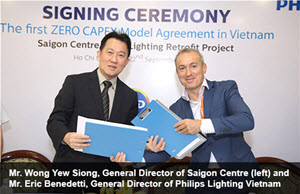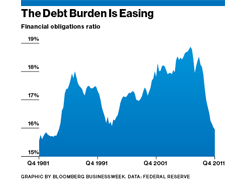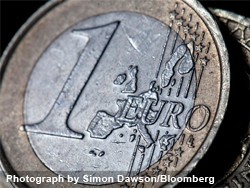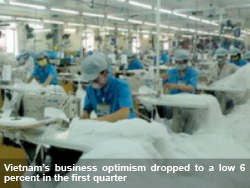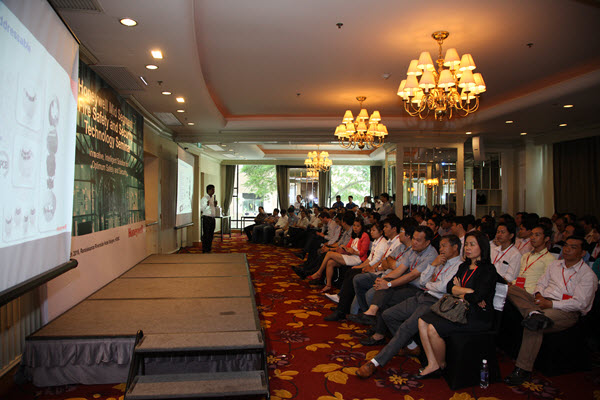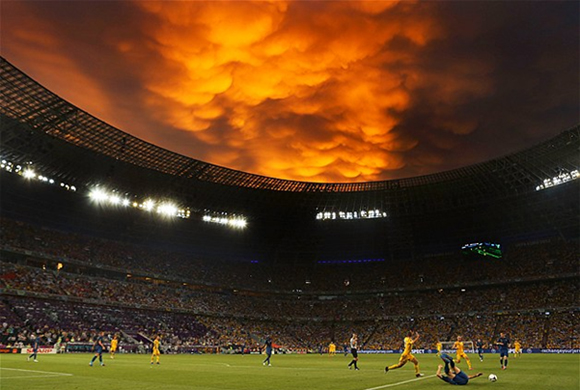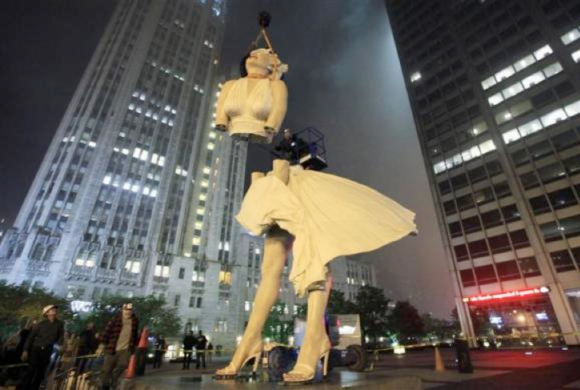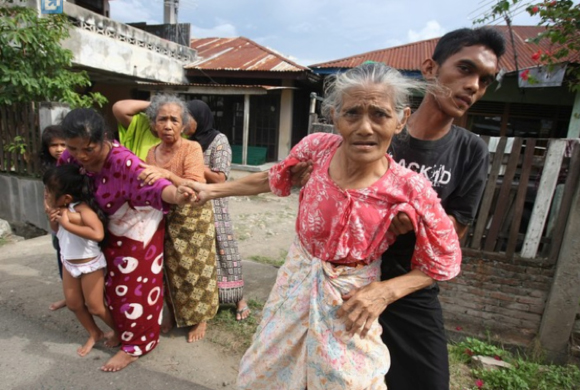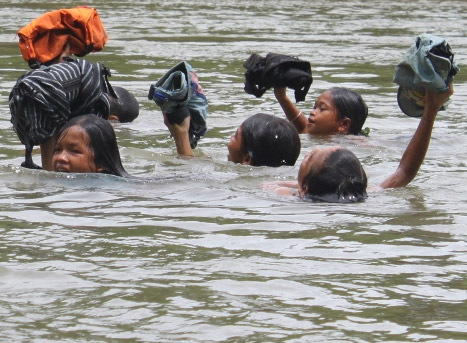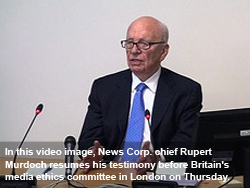
LONDON— Rupert Murdoch said he should have been quicker to address allegations of unlawful reporting practices at the company"s former News of World tabloid, but the News Corp. chief told a media-ethics inquiry here Thursday that he blamed others for misleading him as part of a coverup.
Completing almost eight hours of questioning under oath over two days, Mr. Murdoch alternated between contrition for what he called his mistakes and harsh words for a long list of rivals and critics who he said "love attacking me."
He accepted broad responsibility for the disaster but tartly shifted the front-line blame to former editors, company executives and law firms that he said didn"t do their jobs.
The wide-ranging interrogation showed that the fallout from the scandal hasn"t abated—and even continues to expand—despite the company spending hundreds of millions of dollars to contain it.
"It"s going to be a blot on my reputation for the rest of my life," the 81-year-old Mr. Murdoch said of the whole saga Thursday.
Evidence of the continuing ripple effects came Thursday, when Ofcom, the U.K. communications regulator, said it had stepped up its evaluation of whether News Corp. is a "fit and proper" owner for British Sky Broadcasting Group, BSY.LN 0.00% the pay- TV company of which News Corp. owns 39.1%. The regulator said it had requested phone-hacking related documents from the unit of News Corp. that published the News of the World.
The regulator can revoke a broadcasting license if an owner doesn"t meet the loosely defined classification of "fit and proper," which takes into account criminality, the propriety of directors and other behavior.
News Corp. declined to comment on Mr. Murdoch"s testimony or Ofcom. New York-based News Corp. also owns The Wall Street Journal.
News Corp. stock rose 1.8%, or 34 cents, to $19.61 Thursday on the Nasdaq Stock Market.
What started out as a scandal about phone hacking at News of the World in 2006 has snowballed to include allegations of email hacking and bribing public officials in the pursuit of scoops, and spread to other News Corp. media operations in the U.K. This week"s testimony also stirred up furor over whether the company sought to use its British newspapers to collect political favors and push his commercial interests.
Mr. Murdoch denied seeking political favors.
The inquiry is examining the U.K. media industry, including reporting tactics and relations between the press and politicians.
The inquiry"s lead questioner, Robert Jay, homed in on two main areas: the handling of the hacking scandal and whether News Corp. had been too close to a government minister who oversaw a regulatory review of what would have been the company"s biggest deal ever—its effort to gain full control of BSkyB.
Mr. Murdoch, who is chairman and chief executive of News Corp., as well as his son James Murdoch, the company"s deputy chief operating officer, who appeared before the panel Tuesday, faced questions about the appropriateness of a relationship between a News Corp. lobbyist and an adviser to minister Jeremy Hunt. The adviser, Adam Smith, resigned Wednesday after the inquiry released dozens of emails and texts between Mr. Smith and the lobbyist.
Both Murdochs said they saw nothing wrong with a lobbyist"s activities at the center of the controversy, and Mr. Hunt has said his conduct was appropriate.
The BSkyB proposal collapsed last summer amid the phone-hacking scandal.
Mr. Murdoch dismissed as "myths" the allegations that he had used his newspapers to push his commercial interests and said he had never asked a prime minister for anything. Still, a picture emerged of a media baron who had regular access to senior British politicians, spanning from Margaret Thatcher to current Prime Minister David Cameron. A News Corp. document released by the inquiry Thursday detailed the dates of some 70 meetings between Mr. Murdoch and successive prime ministers between 1988 and mid- 2011.
Mr. Jay asked Mr. Murdoch if he had a "cavalier" attitude to corporate governance in relation to phone hacking and added that there had been a "consistent theme" of a coverup at the company about the extent of the paper"s wrongdoing, which first publicly surfaced in 2006.
Mr. Murdoch said he didn"t believe he had been cavalier but apologized for the way he handled the matter, saying he should have moved quicker.
He said there was "no attempt, either at my level or several levels below me, to cover it up." But he said he blamed "one or two people" who "misinformed and shielded" senior executives from what was happening. He didn"t name them but said: "There is no question in my mind that maybe even the editor, but certainly beyond that, someone took charge of a coverup which we were victim to."
Immediately after Mr. Murdoch"s appearance, Tom Crone, the News of the World"s former long-term in-house lawyer, fired off a public statement volunteering that he was one of the people Mr. Murdoch fingered anonymously—and calling it "a shameful lie" that he covered up wrongdoing.
Mr. Murdoch also sought to distinguish the News of the World from his other media properties, including the Sun, the U.K."s best selling newspaper and historically an important source of profit in News Corp."s British newspaper stable, which also includes the Times and the Sunday Times.
"The News of the World is an aberration and it"s my fault," he said.
Police have arrested a number of current and former Sun journalists on suspicion of paying bribes to officials in exchange for stories. And both the Times of London newspaper and Sky News, a 24-hour news channel, have said that a journalist or journalists had hacked into emails. Sky News is a unit of BSkyB.
News Corp. has settled dozens of lawsuits at a cost of about £14.5 million ($23.4 million) so far. About 20 are outstanding.
Cassell Bryan-Low - Source: The Wall Street Journal

3.jpg)
